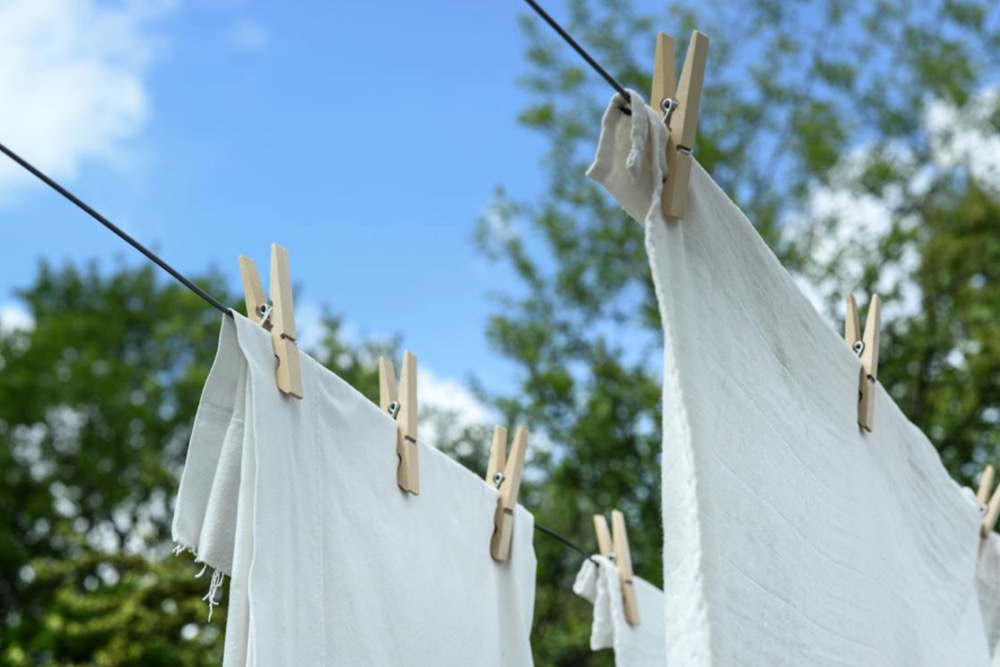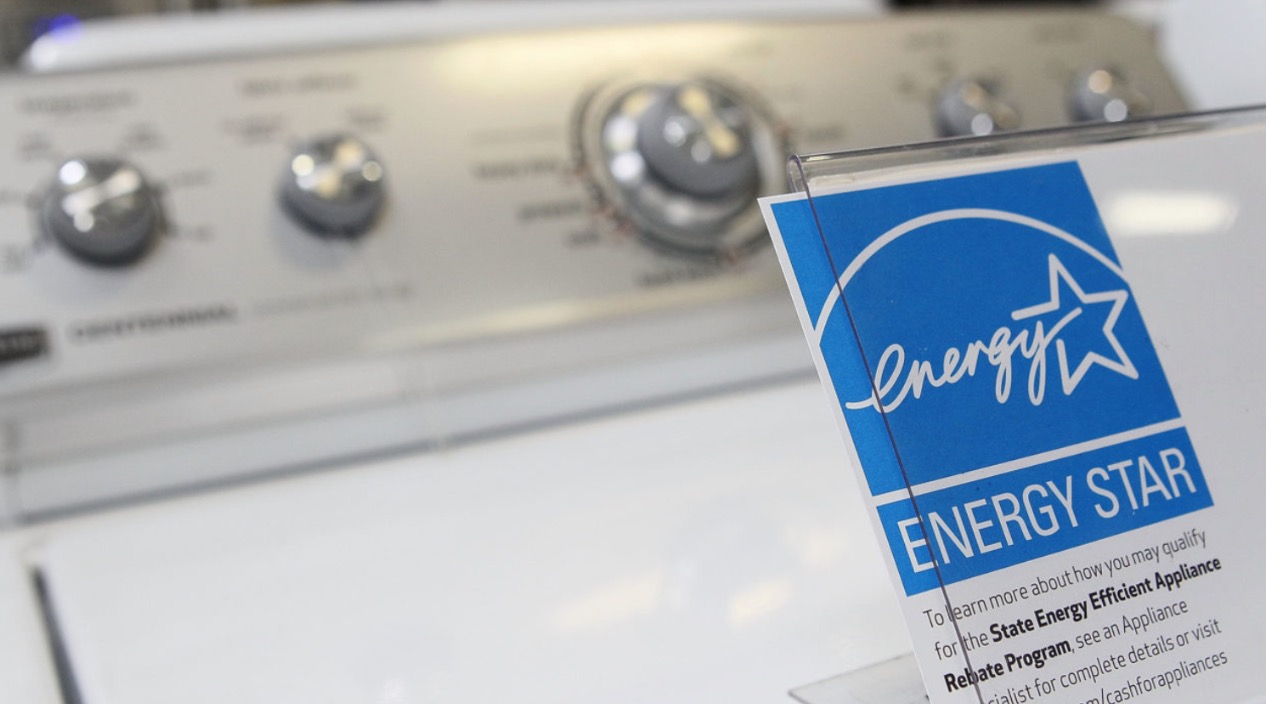
Laundry day is an inevitable part of our routine, but it doesn’t have to be a burden on the planet. With growing concerns about the environmental impact of our household chores, adopting eco-friendly laundry practices is more important than ever. Here are ten tips to make your laundry routine greener, benefiting both the planet and your garments.
Key Takeaways:
- Cold Washes: Save energy by using cold water for washing clothes.
- Air Dry: Reduce electricity usage by air drying clothes whenever possible.
- Eco-Friendly Products: Choose plant-based, biodegradable detergents and natural fabric softeners.
- Only run full loads and consider energy-efficient appliances for savings and reduced environmental impact.
1. Use Eco-Friendly Detergents
Opt for detergents that are biodegradable and made from plant-based ingredients. These detergents are gentle on the earth and on your skin. They avoid harmful chemicals and pollutants that can contaminate waterways, harm aquatic life, and cause skin irritations.
Use Gentle Detergents for Delicate Fibers
Moreover, it is also best to preserve your clothing with gentle detergents. When washing clothes made from natural or hand-knitted fibers, choosing the right detergent is crucial to prevent damage and preserve the fabric’s quality.
Delicate fibers such as wool, silk, and handmade items from FabKnitter require gentle care to maintain their shape, color, and texture. Opting for eco-friendly, mild detergents ensures that your cherished garments stay beautiful and last longer.
Additionally, consider hand washing or using your machine’s delicate cycle for these items, further reducing environmental impact while caring for special fabrics.
2. Wash with Cold Water
Most of the energy used in washing clothes goes towards heating the water. By switching to cold water, you can significantly reduce your carbon footprint and save on energy bills. Modern detergents are formulated to be effective in cold water, ensuring your clothes still come out clean.
3. Air Dry Your Clothes

Source: Pexels
Dryers are among the most energy-intensive appliances in the home. Air drying your clothes, either outside on a line or indoors on a rack, can make a substantial difference in energy consumption. Besides saving energy, air drying extends the life of your clothes by reducing wear and tear.
4. Full Loads Only
Maximize the efficiency of your washing machine by running it only when full. This practice reduces the number of loads and hence, the amount of water and energy used. Be mindful not to overload your machine, as this can decrease washing effectiveness and increase wear on the machine.
5. Skip the Dryer Sheets
Dryer sheets contain chemicals and fragrances that can be harmful to your health and the environment. Instead, use wool dryer balls to reduce static cling, soften clothes, and cut down drying time. They’re reusable and can be scented with essential oils for a fresh smell.
6. Prefer Front-Loading Washers
Front-loading washing machines are more efficient than top loaders, using less water and energy. If you’re in the market for a new machine, consider a front loader. They also tend to be gentler on clothes, helping them last longer.
7. Spot Treat Stains
Instead of washing an entire garment for a small stain, spot treat stains as soon as they happen. This approach reduces unnecessary washes, saving water and energy. Various eco-friendly stain removers are effective and gentle on fabrics.
8. DIY Detergents
Making your own laundry detergent can be a fun and eco-friendly project. Homemade detergents often use natural ingredients like washing soda, borax, and bar soap, reducing the need for plastic packaging and harmful chemicals.
Reduce Your Chemical Footprint
Many conventional laundry detergents contain chemicals that can harm the environment and your health. For those looking to minimize their chemical footprint, consulting the Environmental Working Group’s Guide to Healthy Cleaning offers insights into which laundry products are free from harmful chemicals and safer for both the planet and your family. Making informed choices about the products you use for your laundry is a significant step towards a more sustainable lifestyle.
9. Eco-Friendly Fabric Softeners
Commercial fabric softeners can contain harmful chemicals. A natural alternative is adding white vinegar to the rinse cycle. Vinegar naturally softens fabric without leaving residue or strong odors.
10. Upgrade to Energy-Efficient Appliances

Source: Yale Environment
If it’s time to replace your washer or dryer, opt for energy-efficient models. Look for appliances with the ENERGY STAR label to ensure they meet energy efficiency guidelines set by the U.S. Environmental Protection Agency.
FAQ:
Can I really clean clothes in cold water?
Yes, modern detergents are designed to be effective in cold water, ensuring your clothes get clean while saving energy.
Are eco-friendly detergents as effective as conventional ones?
Absolutely. Eco-friendly detergents use natural enzymes and plant-based ingredients that are effective at removing dirt and stains without harsh chemicals.
How do wool dryer balls work?
Wool dryer balls work by bouncing around in the dryer, separating clothes and allowing more air to circulate. This reduces drying time, static cling, and wrinkles, without the chemicals found in dryer sheets.
Is it more eco-friendly to hand wash clothes or use a washing machine?
For larger loads, an efficient washing machine is often more water-efficient than hand washing. For small loads or single items, hand washing can be more eco-friendly.
Wrapping Up
By integrating these eco-friendly practices into your routine, you contribute to a sustainable future while enjoying clean and fresh laundry. Consider sharing these tips with friends and family to amplify the positive impact on our planet.

